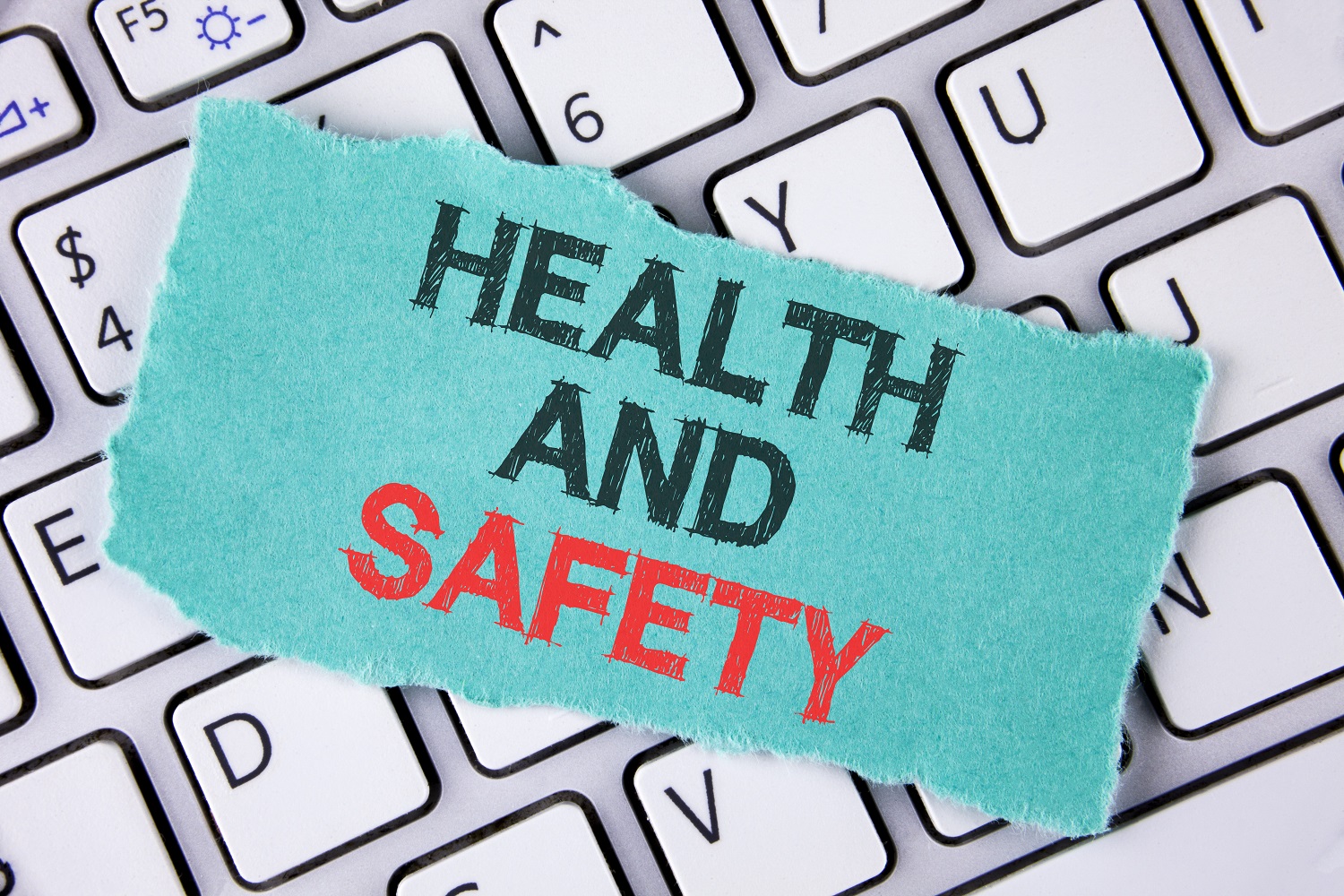All employers are under a legal obligation to ensure the health and safety of their workers. This is known as the duty of care. Within this responsibility, employers must assess the risk of workplace stress and hazards for their workers and take appropriate action to ensure their well-being. Should your employer fail to ensure your safety or health, you may be in the position to seek legal action against them. Failure to enact a duty of care can include not providing safety equipment during a construction job, exposing you to Covid-19, or even renting a workspace without a proper fire exit.
Your Employer Over Health And Safety Breaches
The exact circumstances that count as a failure of duty of care and the legal action you can take can vary from state to state. But with the help of this guide, you will have an idea of the steps you can follow to sue your employer.
Speak with your company
Start by having a conversation with your employer or your company’s HR department about your concerns. Companies generally wish to avoid legal battles. Health and safety issues are often the result of oversight instead of malicious intent. Stick to the facts and point out the violations you’ve seen, and you may be able to settle the matter in-house without having to spend your savings on legal fees.
Know your rights
Consulting with law firms that have experience in issues such as health and safety violations, like Simmons Hanly Conroy, will help you plead your case. Whether you’re speaking with your employers or taking legal action, you must learn about the laws that are under violation.
Consulting a lawyer is not only faster and more accurate than researching the rules yourself. It can also give you an idea of how strong your case is. If there is precedent for the issue, you’d be in a stronger negotiating position. Lawyers will also help you avoid some of the tactics antagonistic companies use to deter employees from taking legal action.
Keep records of the problem
One of the crucial factors in a legal battle is evidence, and you want to ensure you gather as much as you can. Evidence includes more than just documenting the issue and collecting relevant medical reports/bills. When communicating with your employers, save all the emails exchanged.
Know when to go to court
While both parties should settle the matter quietly, you may have to take the case to court if your company is not compensating for health-related claims. Hence consider these questions:
Can you afford it?
If you’re filing a lawsuit against a company, chances are that they have more resources than you. Lawsuits can be long and expensive journeys. Many companies will employ delaying tactics such as sending excessive information or pushing back court dates to run your funds dry. Be sure you can afford a long battle. If the violation occurs against multiple employees, such as toxic chemical exposure on site. In that case, you should ask your lawyer to file a class-action lawsuit. In other cases, lawyers will be willing to work for a percentage of the final payout or even work pro bono.
Is your case strong?
Take an unbiased look at the evidence and documents you have collected to support your case. Your gut feelings are not the same as concrete evidence. For example, suppose you fell off a forklift and broke a leg. In that case, that does not automatically qualify as a workplace injury. You would need to prove that the employer’s negligence was directly responsible for the damage you sustained, such as a lack of protective equipment or faulty machinery.
You would need copies of your medical records, along with supporting documents such as the proven lack of safety in the machines being used, a copy of OSHA regulations, and so on. In simple terms, you need to be able to prove the employer could have prevented the injury. Consulting with an experienced medical injury lawyer is the best way to determine how good your claims are and whether you are likely to win.
How much are you expecting?
In most cases, lawsuits do not result in multimillion-dollar payouts. You need to keep realistic goals in mind. For example, if your employer fired you after contracting Covid-19, you may be entitled to receiving your job back or a pay raise. If you suffered an injury that leaves you unable to work, then you could qualify for worker’s compensation.
Sadly, some employers in the US fail to protect their employees and don’t provide workers’ compensation insurance. These are known as “non-subscriber” cases and are a common type of lawsuit. If your company doesn’t have worker’s compensation insurance, there is a chance they have had other workers’ injuries before. This information may be valuable as evidence in your case. Remember that whatever compensation you achieve at the end needs to match the magnitude of the injury.
Conclusion
It’s generally easier and cheaper to consult with a lawyer and settle your case with your employer out of court. Still, avoid letting revenge guide your decision-making process. Instead, take a cool and calm approach to health and safety violations to prevent your well-being from worsening. However, remember that most breaches of the law have a legal deadline, known as the statute of limitations. If this statute expires, you would not be able to take legal action even if you have a winning case.
